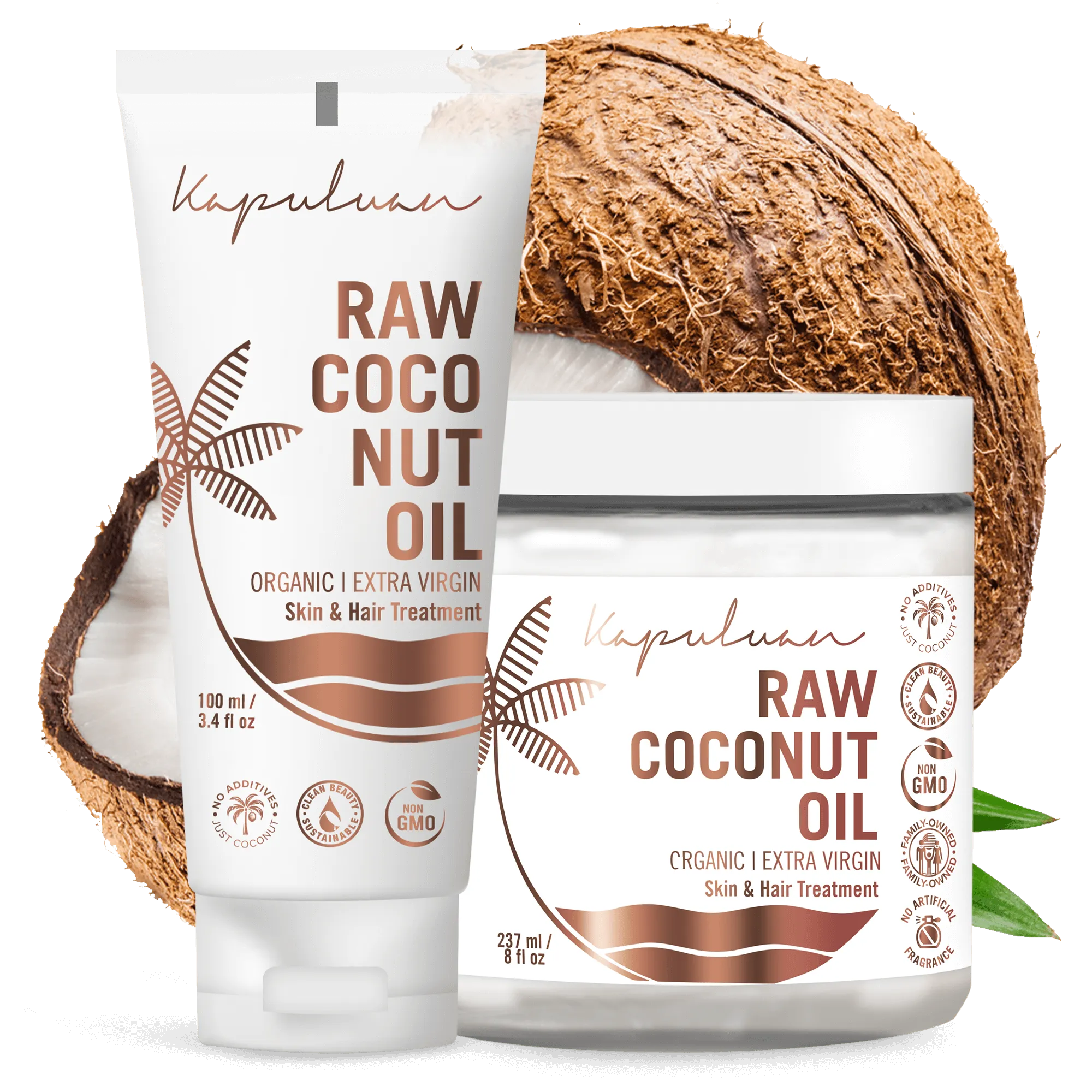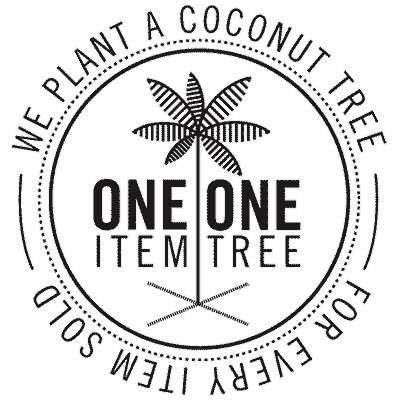Last Updated on July 4, 2024 by Kapuluan

A few years ago, finding coconut oil just involved going to a health food or an organic grocery store. But with its explosion in popularity, you can now find it in every supermarket and all over the internet, and that’s because coconut oil and its health benefits are known to everyone.
These vendors aren’t just selling a few brands or kinds, either. You can usually find at least a dozen different types at your local grocery and an even more dizzying selection online. You’ve also learned that not all oils are the same and vary widely in quality. That discovery can be incredibly confusing and frustrating when you want to buy coconut oil for your health and beauty needs.
Here are some essential guidelines for any good quality coconut oil you might consider purchasing. We’ve mentioned a few of these before in our previous blog posts, but they are worth repeating when you need to make a smart purchase:
Virgin/Extra Virgin
This is probably the easiest qualifier for your coconut oil. It doesn’t matter if you buy extra virgin coconut oil or virgin because they are essentially the same thing. Oils with this label originate from the meat of mature coconuts and have involved the slightest degree of processing. They also have a pleasant coconut smell and taste. When a coconut oil’s purity decreases, you’ll have a more odorless and tasteless product. That may be the best option for people who don’t like the flavor or aroma but still want the benefits.
Cold Pressed/Expeller Pressed/Centrifuge Extracted
The second feature to look for in quality coconut oil is how it’s produced. Cold-pressed means the extraction comes from fresh meat squeezed at a low temperature. Centrifuge extraction takes liquids through a high-speed process, while expeller-pressed coconut oil involves the mechanical removal of those liquids. All methods mostly keep the beneficial nutrients of coconut oil, but cold-pressed and centrifuged keep the most nutrients. Centrifuge and expeller pressed also use small amounts of heat.
Organic
Many consumers feel good about getting something from pesticide-free growing and harvesting practices. But if you want organic coconut oil, the labeling can get a little sketchy since its definitions are unclear. Most coconuts come from organic harvests, as evidenced by their minimal pesticide residue. There are also no documented genetically modified varieties of coconuts, so they are all non-GMO. Read labels on the oils and research the brands if you need more information.
Unrefined
As with purity, this is another no-brainer classification. You’ll always want to look for coconut oils with the least amount of processing and ones that haven’t been subjected to chemical extraction methods. Some refined oils are suitable for cooking because of a higher smoke point. One oil to avoid is “RBD,” which means refined, bleached, and deodorized. This type makes coconut oil indistinguishable from any other oil and has none of the positives of better quality brands.
Appearance
The best quality coconut oil has a snowy white color as a solid, which is how you’ll see most brands when shopping at the store. If you notice any gray or yellow discoloration, this might be a sign of contamination, smoke residue, or mold. Don’t worry if you see molding because the oil contains older or sun-dried coconuts and is safe to use. When melted, your oil should be nearly as clear as water.
Aroma/Taste
Good coconut oil should have that pleasant and irresistible smell and flavor. Unfortunately, more refined varieties lose many of those qualities. But if you notice that the oil has too strong an aroma and taste, this is also a sign of inferiority. Some brands might also give off a slightly roasted or even smoky element, which comes from the heating process during extraction. Looking for coconut oils that offer a mild sensory experience would be best.
Price
Coconut oils that have gone through the most careful growing, harvesting, and least amount of processing without chemicals involve a higher production standard. That means the cost often gets passed along to consumers. Less expensive coconut oils offer fewer health and nutritional benefits and thus will likely and eventually be a waste of time and money. Kapuluan is one of the best you can find in a crowded market and costs a bit more than most. But you’ll find it’s a worthy extra investment for good quality coconut oil and an essential part of your health and beauty regimen.
JOIN US ON INSTAGRAM



